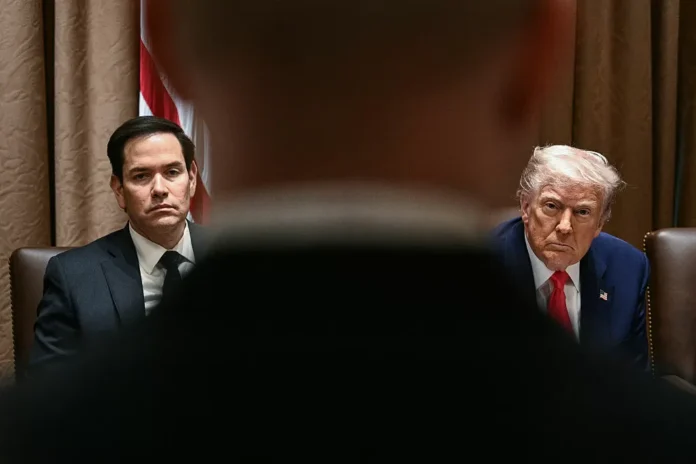A trade war between two nations can be damaging for both parties involved. It can lead to increased prices, lost jobs, and strained relations. However, in the current trade conflict between the United States and China, Beijing seems to be more confident that they have the upper hand and that time is on their side.
The trade war between the two largest economies in the world began in 2018, when the US imposed tariffs on billions of dollars worth of Chinese goods, citing unfair trade practices. China retaliated with its own tariffs on US goods, leading to a back-and-forth escalation of tensions.
The effects of this trade war have been felt not just in these two countries, but globally. The International Monetary Fund has warned that the trade tensions between the US and China could slow down the global economy, with the potential to cause a recession.
Despite the potential negative effects, China’s economy has remained resilient. While the US economy is showing signs of slowing down, China’s economy continues to grow. In 2019, China’s GDP grew at a rate of 6.1%, compared to the US’s growth rate of 2.3%.
This economic strength gives China the confidence that they can withstand the impact of the trade war, especially as the US begins to feel the strain. China’s large consumer market and its emphasis on domestic consumption have also helped cushion the effects of the tariffs.
Moreover, China’s trade with other countries has also increased, reducing its dependence on the US market. In fact, China’s trade with the European Union, Japan, and Southeast Asia grew by 4.7% in 2019, while its trade with the US decreased by 10.7%.
China’s growing global influence and economic power also give them an advantage in this trade war. As the world’s largest manufacturer and exporter, China has a strong position in global supply chains. This has forced US companies to continue to rely on Chinese imports even with the tariffs in place.
In contrast, the US has a large trade deficit with China, importing more goods than it exports. This means that China has more to lose in a full-blown trade war, but also that they have more to gain from a potential resolution.
The US-China trade war has also highlighted China’s efforts to diversify its economy and reduce its dependence on exports. In recent years, China has shifted its focus towards technology, innovation, and domestic consumption. This has helped China become less reliant on the US for its economic growth.
In addition, China’s Belt and Road Initiative (BRI) has allowed them to extend their economic and political influence globally. This initiative, which aims to increase connectivity and trade between China and other countries, has led to significant investments in developing countries. This not only helps to diversify China’s economy but also helps to build stronger ties with other nations.
China’s confidence in this trade war is also reflected in their diplomatic efforts. While the US has pursued a more aggressive stance, China has taken a more measured approach. Chinese President Xi Jinping has emphasized the need for cooperation and has called for a win-win solution to the trade conflict.
Furthermore, China has not shied away from using its economic leverage to gain support from other countries. For instance, China has increased its imports of agricultural products from countries like Brazil, Russia, and Argentina, reducing their dependence on US exports. This has caused concern for American farmers and businesses, who have been strong supporters of the US President.
Despite the uncertainty and challenges presented by the trade war, Beijing remains optimistic that they can outlast the US. They believe that time is on their side, as China continues to make strides towards becoming a global economic powerhouse.
In conclusion, while a trade war is harmful for both sides, Beijing’s confidence suggests that China is in a better position to handle the effects of this conflict. The country’s economic strength, global influence, and strategic actions have given them an advantage over the US. It is in the interest of both nations to find a mutually beneficial solution to this trade war and work towards a stronger and more cooperative relationship.

